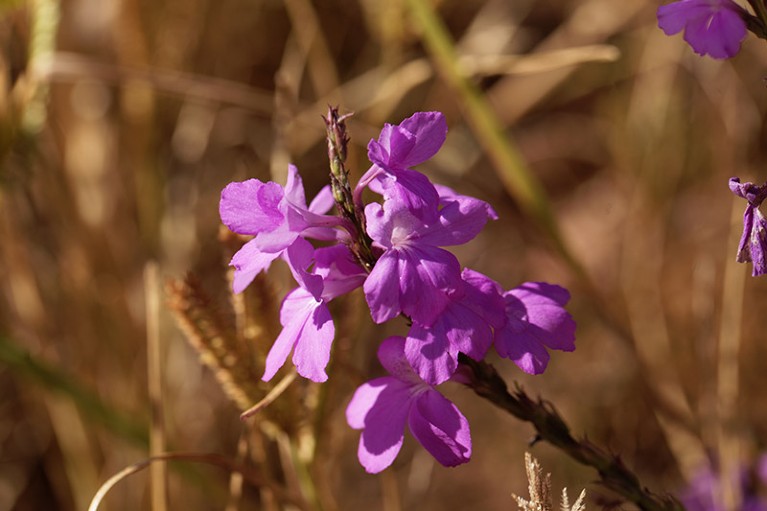San Diego, California – Molecular biologist Steven Runo and his team had hoped to become the first to plant gene-edited seeds in African soil, but they were beaten by a research group working on maize. Runo, who works at Kenyatta University in Nairobi, is focused on gene-editing projects for sorghum. He says that the competition is a sign of progress, and it demonstrates that gene editing is actually feasible for African countries.
The relative ease and low cost of CRISPR gene-editing systems have created opportunities for scientists in low- and middle-income countries to develop crops with traits customized for local farmers. Runo’s project aims to engineer sorghum to be resistant to Striga hermonthica, a parasitic plant known as witchweed. Field trials for the new variety are scheduled for later this year.
Sorghum is an important crop in Africa, but it is prone to infestation by Striga, which can destroy entire crops. Runo and his team are using CRISPR–Cas9 to make the sorghum resistant to Striga by introducing mutations that change the production of compounds called strigolactones, which promote the germination of Striga seeds.
Under Kenya’s regulations, the gene-edited plants are treated like conventionally bred crops because they do not contain DNA from another species. This means these plants can bypass some of the strict testing and requirements imposed on genetically modified crops containing foreign DNA. Similar policies exist in Nigeria and Malawi, and other African countries are expected to follow suit.
Other gene-editing projects in Africa include efforts to improve maize, pearl millet, groundnuts, and livestock. Researchers are working on developing maize resistant to lethal necrosis disease and making pearl millet less prone to rancidity. Additionally, projects aim to enhance livestock such as African cattle, improving milk yields, heat tolerance, and disease resistance.
While gene editing is relatively affordable in the laboratory, there are still significant challenges in bringing edited crops to the farm. There are concerns that the market may not cater to poor small-scale farmers with limited purchasing power, requiring government involvement for gene-edited products to benefit them.
Funding from organizations such as the US Agency for International Development, the Bill & Melinda Gates Foundation, and technical support from companies like Corteva Agriscience has been crucial for these projects. However, there are concerns about the availability of such support in the future, and researchers are working on reducing the cost of lab supplies and equipment, as well as finding alternative funding sources.
There are also uncertainties surrounding intellectual property battles over CRISPR gene editing and whether foreign markets, particularly in Europe, will accept African-grown gene-edited crops. However, locally, acceptance by farmers seems positive. Runo states that farmers are more comfortable with crops developed by local researchers, as it is not a multinational company, and they are familiar with the technology developers.














